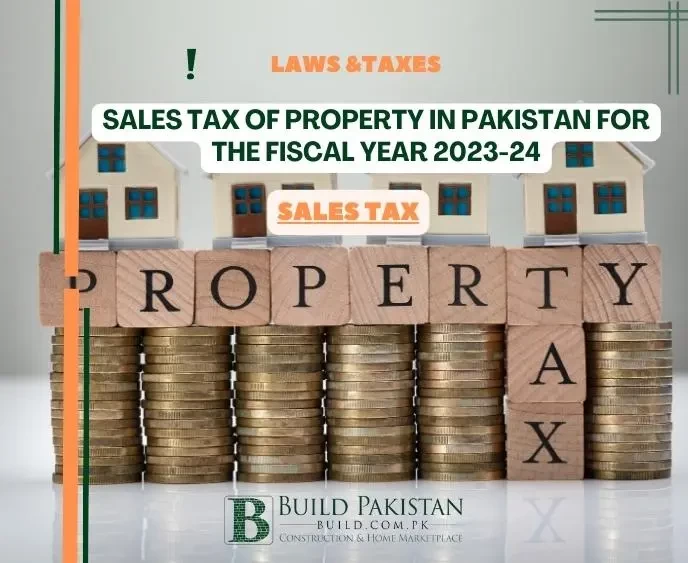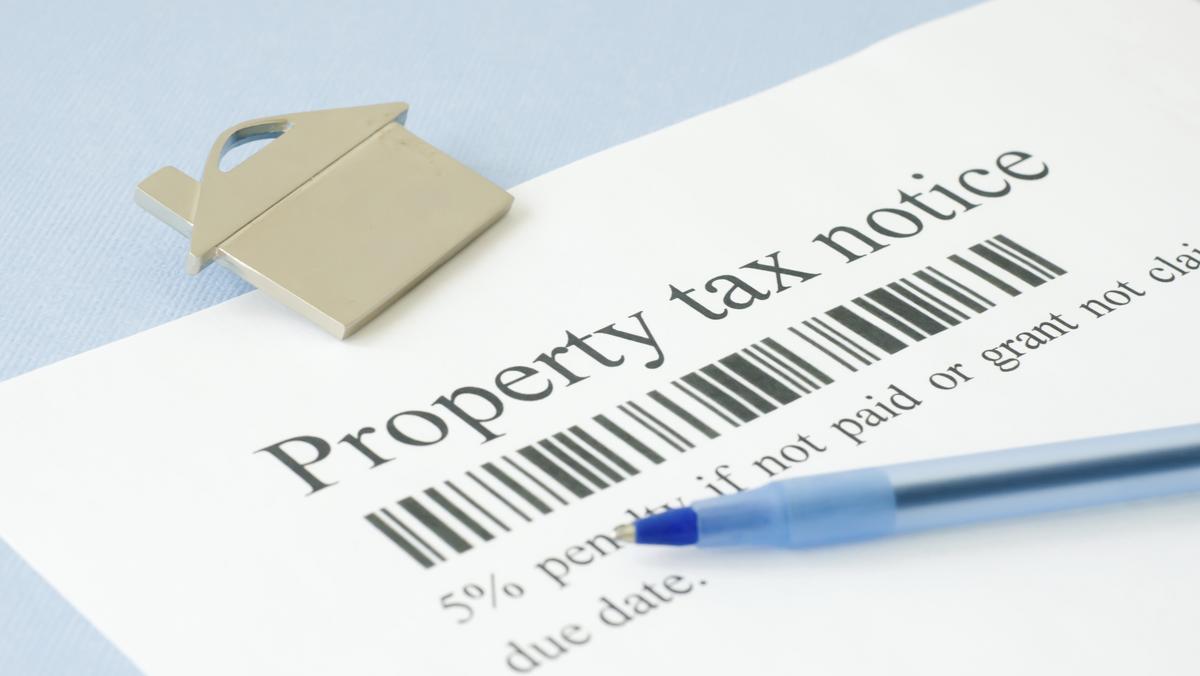Sales TAX of Property in Pakistan for the Fiscal Year 2023-24

Introduction:
As the fiscal year 2023-24 unfolds, individuals engaging in
real estate transactions in Pakistan find themselves navigating the intricate
terrain of property taxation. Understanding the tax implications of selling a
prope rty is crucial for both sellers and buyers. In this comprehensive guide,
we explore the tax on the sale of property in Pakistan during the upcoming
fiscal year.

Taxation Framework for Property Sales
Capital Gains Tax:
The cornerstone of property taxation in Pakistan is the
Capital Gains Tax (CGT). CGT is applicable on the profit earned from the sale
of a property. The profit is calculated by deducting the property's cost of
acquisition and associated expenses from the sale proceeds.
Holding Period and Tax Rates:
The holding period of the property plays a pivotal role in
determinin g the applicable tax rates. In Pakistan, if the property is held for
less than one year, it falls under the category of short-term capital gains,
subject to a higher tax rate. For properties held for more than one year,
long-term capital gains tax is applicable, attracting a relatively lower tax
rate.
Withholding Tax:
Upon the sale of property, the buyer is typically required to
deduct withholding tax at the applicable rate and deposit it with the tax
authorities. This mechanism is designed to ensure tax compliance and ease of
collection.
Tax on Residential and Commercial Properties
Residential Properties:
For residential properties, the tax rates for both short-term
and long-term capital gains are determined based on the holding period.
Short-term gains are between 2% to 5% subject to higher rates, while long-term gains benefit
from a more favorable tax regime.
Commercial Properties:
The taxation framework for commercial properties aligns with
tha t of residential properties is 5%, with the rates contingent on the holding
period. However, it's essential to note that tax rates for commercial
properties may differ from those applicable to residential properties.
Exemptions and Concessions
Family Homes:
In many jurisdictions, there are exemptions or concessions
for the sale of a primary residence or family home. In Pakistan, such
exemptions might apply to residential properties meeting specific criteria,
providing relief to homeowners.
Reinvesting in Property:
Some tax jurisdictions incentivize reinvestment in real
estate by offering concessions to individuals who use the proceeds from the
sale of a property to acquire another. It's crucial to explore such provisions
in the Pakistani tax laws.
Changes and Updates for 2023-24
Legislative Changes:
Taxation laws are subject to amendments, and it's prudent for
individuals involved in property transactions to stay abreast of any
legislative changes that might impact the tax landscape.
Filing and Compliance:
Changes in filing procedures or compliance requirements may
occur. Staying informed about any alterations in the procedural aspects of
property taxation is integral to ensuring a smooth and legally sound
transaction.
Seeking Professional Guidance
Navigating the tax on the sale of property in Pakistan
demands a nuanced understanding of the tax code. Engaging the services of a
qualified tax professional or seeking advice from a tax consultant can prov e
invaluable. Professionals can provide personalized guidance based on the
specifics of the transaction, ensuring compliance with current tax laws and
optimizing tax implications.
Conclusion:
In the realm of property transactions in Pakistan for the
fiscal year 2023-24, an awareness of the taxation landscape is paramount. From
understanding the intricacies of capital gains tax to exploring exemptions and
concessions, individuals involved in property sales must tread carefully
through the tax maze. Legislative changes and updates can reshape the playing
field, making it imperative for stakeholders to stay informed and seek
professional advice when needed. As the real estate market evolves, so too must
our understanding of the tax implications surrounding the sale of property in
Pakistan.









